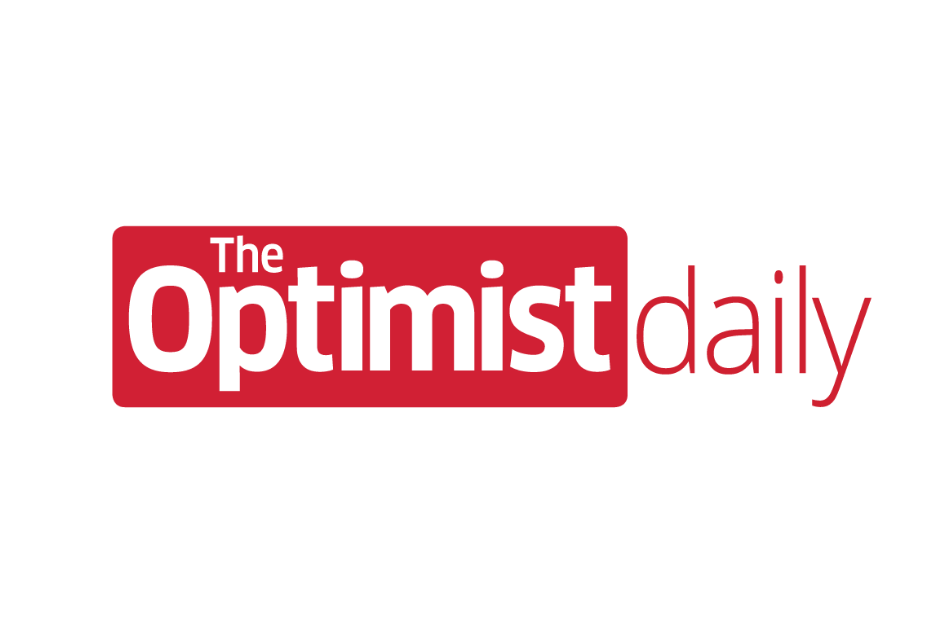
Fatal harvest
While enough food is being produced to feed the world, a large portion of the population is going hungry. Meanwhile, the incidence of wealth-related disease is increasing in the west due to unhealthy eating habits. Ode launched an investigation and details the devastating myths around modern Read More...

Introductory
Marco Visscher introduces this month's theme on modern agriculture and food.Marco Visscher| April 2003 issue When children are asked where milk comes from, the majority says: 'From the supermarket.' I happen to know that this isn't quite true, as my grandparents had a dairy farm. But even so, I Read More...

Myth 1: Industrial agriculture will put an end to hunger
Not true. Hunger is not caused by food shortages, but by poverty. Marco Visscher | April 2003 issue Hunger plagues some 800 million people in the world. In India, 200 million do not get enough to eat, in Brazil 70 million and in the United States 33 million. Every four seconds someone in the world Read More...

Myth 2: Industrially produced food is safe, healthy and nutritious
Not true. In fact, industrial agriculture compromises food safety and nutrient values while increasing incidences of illnesses such as cancer, heart disease and obesity. Marco Visscher | April 2003 issue A trip to the local supermarket feeds the belief that there is nothing wrong with our food. Read More...

Myth 3: Industrial food is cheap
Not true. Social, health and environmental costs are not included. Marco Visscher | April 2003 issue The more technology and chemicals are used in farming, the cheaper our food. At least that is what the food industry keeps telling us. They insist that without industrial agriculture, our food Read More...

Please help
Despite the known risks, Shell opened a chemical plant in Brazil. The effects were dramatic. What can Shell do to help the victims? Jurriaan Kamp and Tijn Touber | March 2003 issue A story about the global economy. It begins 50 years ago after World War Two. The chemical industry is quickly making Read More...

Surviving on hope
Once you become aware of the amount of hunger and inequality there is in the world, your only option is to fight against it. That awareness gave Kenyan Njoki Njoroge Njehu her mission: not the reduction of poverty, but its eradication. This is a conversation about Njehu's lost innocence. 'Why do Read More...

We be many and they be few
The international business community benefits from corrupt politicians. And rulers, in turn, from an economy and society that profess to be 'free'. It is possible to stop this imperialism, Indian writer Arundhati Roy told the closing session of the World Social Forum. By refusing to believe their Read More...

Your money or your life
Fernanda Giannasi is the personification of the fight against asbestos in Brazil. This passionate Brazilian of Italian descent only cares about one thing: the well-being of the workers who are forced to choose between money and their health. Tijn Touber and Jurriaan Kamp | February 2003 Read More...


